Description
 Friendly Fire explores the Biblical truth that trials, though painful are beneficial. William Shifflett divides the subject into ten sub-topics, which explore either, how trials are opposed and rejected, and how they benefit the believer. His anecdotal observations are under girded by comments from a vast array of Christian writers and leaders: C.S. Lewis, D.A. Carson, Albert Mohler, James Montgomery Boice, Leon Morris, Zig Ziglar, and a host of others. “
Friendly Fire explores the Biblical truth that trials, though painful are beneficial. William Shifflett divides the subject into ten sub-topics, which explore either, how trials are opposed and rejected, and how they benefit the believer. His anecdotal observations are under girded by comments from a vast array of Christian writers and leaders: C.S. Lewis, D.A. Carson, Albert Mohler, James Montgomery Boice, Leon Morris, Zig Ziglar, and a host of others. “
First stop, God’s sovereign control of the events of our lives. Here we’ll learn trials are intentional. They aren’t just random events; they are ordained for the purpose of shaping us. We won’t do very well at embracing the power of trials if we don’t believe God has complete control of the process.At book events people will hear or read this premise and balk. One lady sincerely expressed her view that God allows difficulty but doesn’t cause them. I had to press her on one point: Did He allow it by accident or on purpose. Of course, you can’t accidentally allow something. Whichever word I use, intentionally is unavoidable. We’ll also need to think about teachings which portray trials as abnormal for believers. These views inevitably give rise to further error.Then there is the issue of miracles. If trials are meant to accomplish a refining work in our lives can we really expect a miraculous deliverance from every trying situation? God often uses miracles to end trials. But if miracles are not guaranteed what about suffering? Trial and suffering go hand in hand. They’re almost synonyms. We need to find balance there.What kinds of trials can we expect? Is persecution the only kind of purging we can expect? Or do, sickness, bankruptcy, infidelity, and a host of other things also count? We’ll note the common ground between ourselves and Abraham’s trial of waiting. We will identify with Job’s frustration over unexplained trials. We’ll also note a central contradiction. Why do we remain so much like us and so little like Him after all these teaching experiences? Finally, we will pause to discuss something only slightly touched on along the way. It’s a lot of ground to cover so let’s gets started.”




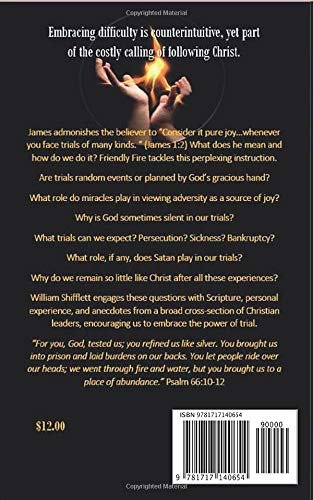



 Author:
Author:













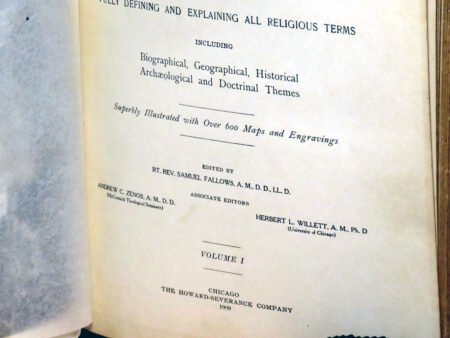

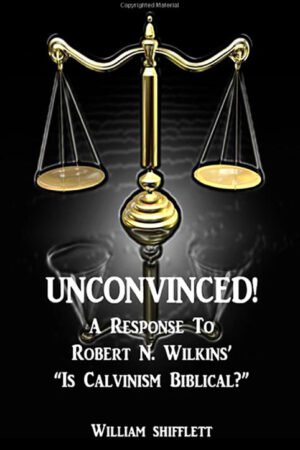

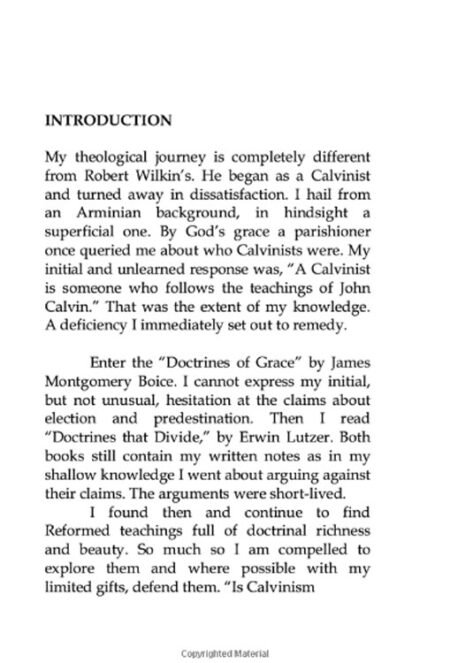
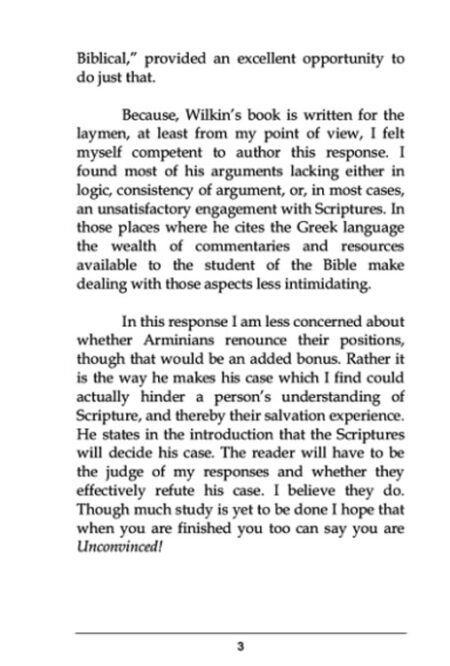

1817 Dr Adam Clarke’s Commentary on the New Testament 3 Volumes
$289.99
1817 Adam Clarke’s Commentary.
3 Volumes; Matthew To John, Acts To 2 Corinthians, and Galatians To Revelation.
1814 New Testament Map engraved by W.J. White.
Dimensions: Approx. 10 1/2 inches in length x 8 1/2 inches in width x 2 1/2 inches in depth.
Shipping Weight: Approx. 16.3 pounds.
Title: Dr Adam Clarke’s Commentary on the New Testament
Format/binding: Hardback-Full Leather
Book condition: Used – Fair/Good
Publisher: Butterworth & Son – London
Date Published: 1817
Size: Quarto
See Description Below for more Information: